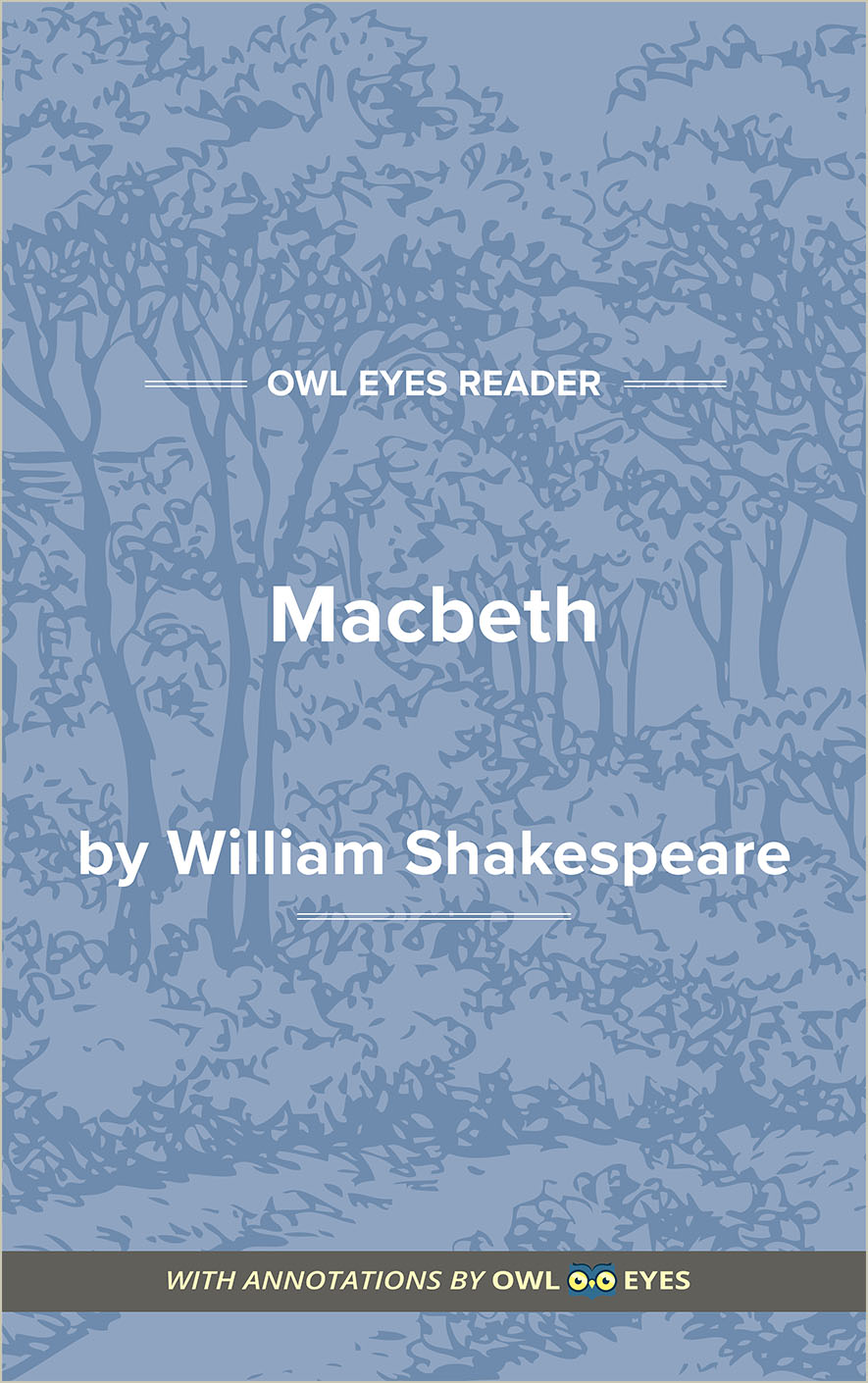Analysis Pages
Metaphor in Macbeth
Metaphor Examples in Macbeth:
Act I - Scene II
🔒"Bellona's bridegroom..." See in text (Act I - Scene II)
Act I - Scene IV
🔒"I have begun to plant thee, and will labor To make thee full of growing...." See in text (Act I - Scene IV)
Act I - Scene VII
🔒"But screw your courage to the sticking-place, And we'll not fail...." See in text (Act I - Scene VII)
"Was the hope drunk Wherein you dress'd yourself? Hath it slept since?..." See in text (Act I - Scene VII)
"I have no spur(25) To prick the sides of my intent, but only Vaulting ambition..." See in text (Act I - Scene VII)
"Which would be worn now in their newest gloss, Not cast aside so soon..." See in text (Act I - Scene VII)
Act II - Scene I
🔒"There's husbandry in heaven,(5) Their candles are all out...." See in text (Act II - Scene I)
Act III - Scene I
🔒"All by the name of dogs...." See in text (Act III - Scene I)
"a fruitless crown..." See in text (Act III - Scene I)
Act III - Scene II
🔒"full of scorpions is my mind..." See in text (Act III - Scene II)
Act IV - Scene II
🔒"As birds do, Mother...." See in text (Act IV - Scene II)
Act IV - Scene III
🔒"a devil more damn'd In evils to top Macbeth...." See in text (Act IV - Scene III)
Act V - Scene II
🔒"buckle..." See in text (Act V - Scene II)
Act V - Scene VII
🔒"They have tied me to a stake; I cannot fly, But bear-like I must fight the course...." See in text (Act V - Scene VII)

